Fortgranite: A magnificent Irish estate for sale for the first time in its history
After a rich history of family ownership, this country estate is ready to start a new chapter. Penny Churchill reports.
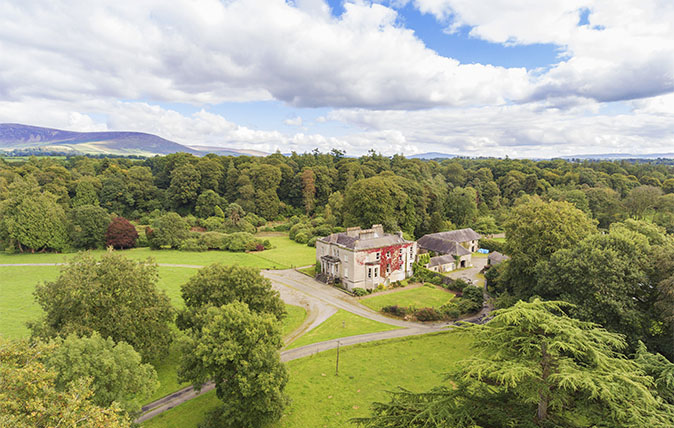
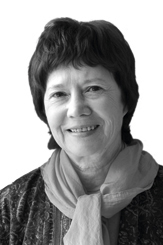
The grand Irish country estate of Fortgranite is for sale for the first time in its history. A look at the details of the place reveals that, for the family which created it, life in ‘the big house’ wasn’t just about horses, hunting and wild house parties – although such activities were ever a serious part of the traditional Anglo-Irish country scene.

Joint agents Jordan Auctioneers in Newbridge, Co Kildare, and Knight Frank in Dublin and London quote a guide price of €3.5 million for this picturesque, 341-acre estate near Baltinglass, Co Wicklow, close to the county borders of Carlow and Kildare.
Home to the Dennis family since 1810, the estate is being sold by the family of the late Capt Piers Dennis, who died on January 19, 2016.

The Dennis family was already well estabished on the Irish social register when, in 1810, Thomas Stratford Dennis married his cousin, Katherine Saunders, of Saunder’s Grove, Co Wicklow, receiving, as part of his marriage settlement, a small estate in nearby Baltinglass, including the original Fortgranite House, built by George Pendred in 1730.
Dennis extended the house and enlarged the estate, which passed, on his death in 1870, aged 89, to his eldest son, Meade Caulfield Dennis.

Educated at Trinity College, Dublin, Meade was a respected JP for Carlow, Wicklow and Kerry and was already 60 years old when he moved to Fortgranite with his wife, Margaret, and their seven children.
During the next 21 years, until his death in 1891, he remodelled the house and planted an arboretum, which includes some of the finest rhododendrons and specimen trees to be found anywhere in Ireland.
Sign up for the Country Life Newsletter
Exquisite houses, the beauty of Nature, and how to get the most from your life, straight to your inbox.

Meade and Margaret’s eldest son, Lt Stratford Crosbie Dennis, was serving with the Royal Artillery when, stationed in India in July 1889, he contracted typhoid and died just short of his 26th birthday. On Meade’s death, two years later, their second son, Col Meade Crosbie Dennis, succeeded to the estate.
He, too, joined the Royal Artillery and served in the Boer War, for which he was decorated and mentioned in despatches. He also served in the First World War and was awarded the Legion d’Honneur in 1918.

A prominent figure in West Wicklow, Col Dennis was a founder member of the Baltinglass Golf Club in 1928, but is probably best remembered for his scientific endeavours, which included the construction of an experimental station at Fortgranite that was the first recorded amateur radio station in the world.
He also pioneered an early form of echo-sounder for submarine detection; unfortunately for his descendants, he failed to register the patent.
In the Second World War, his son and heir, Maj-Gen Meade Edward Dennis, was to be one of the heroes of El Alamein, for which he was awarded a DSO. After the war, Gen Dennis was appointed Major-General of the Royal Artillery in India, a post he held until his retirement in 1947.

He also succeeded to Fortgranite on his father’s death that year and returned to the estate, where he concentrated his efforts on establishing the farm as a successful dairy operation – no small achievement in the grey years of the 1950s.
Following the general’s death in 1965, his son Piers returned to take over the reins at Fortgranite, where he, too, continued to develop the farm as a dairy enterprise, which now boasts some 200 acres of permanent pasture and excellent modern facilities for more than 200 cows.

The remaining 140-odd acres of land comprise some 85 acres of parkland and meadows, a further 45 acres of grassland across the road from the gate lodge and 10 acres of arable farmland.
At the heart of the estate, surrounded by mature gardens, a lake, a former lawn-tennis court and an array of rhododendrons and magnificent trees, stands imposing Fortgranite House, its 11,800sq ft of living space on four floors providing five grand reception rooms, a sweeping staircase leading to six first-floor bedrooms and two bathrooms, with a further four bedrooms and two bathrooms at the rear of the house, plus a schoolroom and an additional bedroom on the second floor.

The lower-ground floor – the former servants’ quarters and currently the repository of family memorabilia collected over many lifetimes – has obvious potential for redevelopment.
Not surprisingly, given its long history, the entire house needs refurbishing and modernising – an undertaking that’s not for the faint of heart, but, for an admirer of classic Georgian architecture, it’s one well worth the no doubt considerable expense involved.
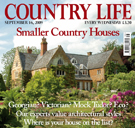
Property Q&A with Country Life's property experts Penny Churchill and Arabella Youens
Covering hot property topics from investing in farmland to relocating driveways, read the answers to Country Life's first Q &
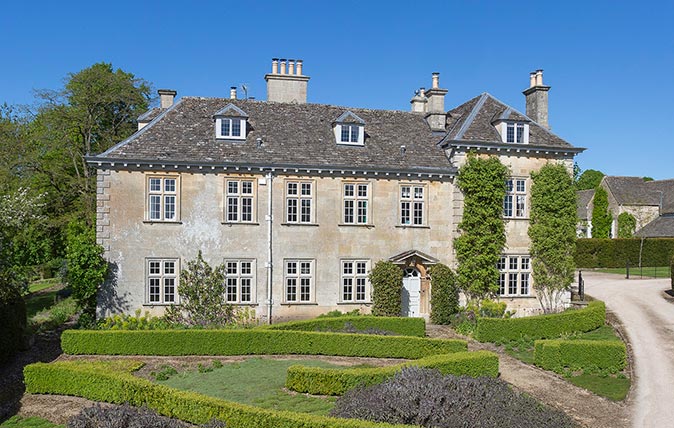
A superb 16th century Cotswolds manor with a very 21st century party barn
The Old Rectory is a quintessential Cotswolds house dating back to the 16th century – with a very 21st-century attraction that's
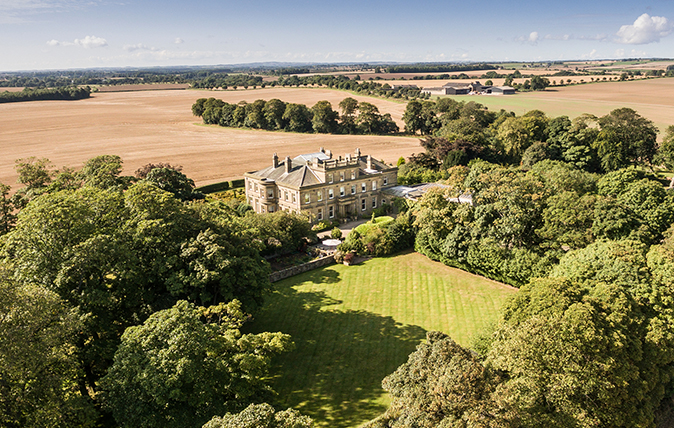
Credit: Shortridge Hall (Picture: Finest Properties)
Shortridge Hall: A Victorian mansion perfect for rest and play, with views out to the Northumberland coast
Shortridge Hall is a beautiful home on the spectacular Northumberland coast where a traditional Victorian country house has had a
-
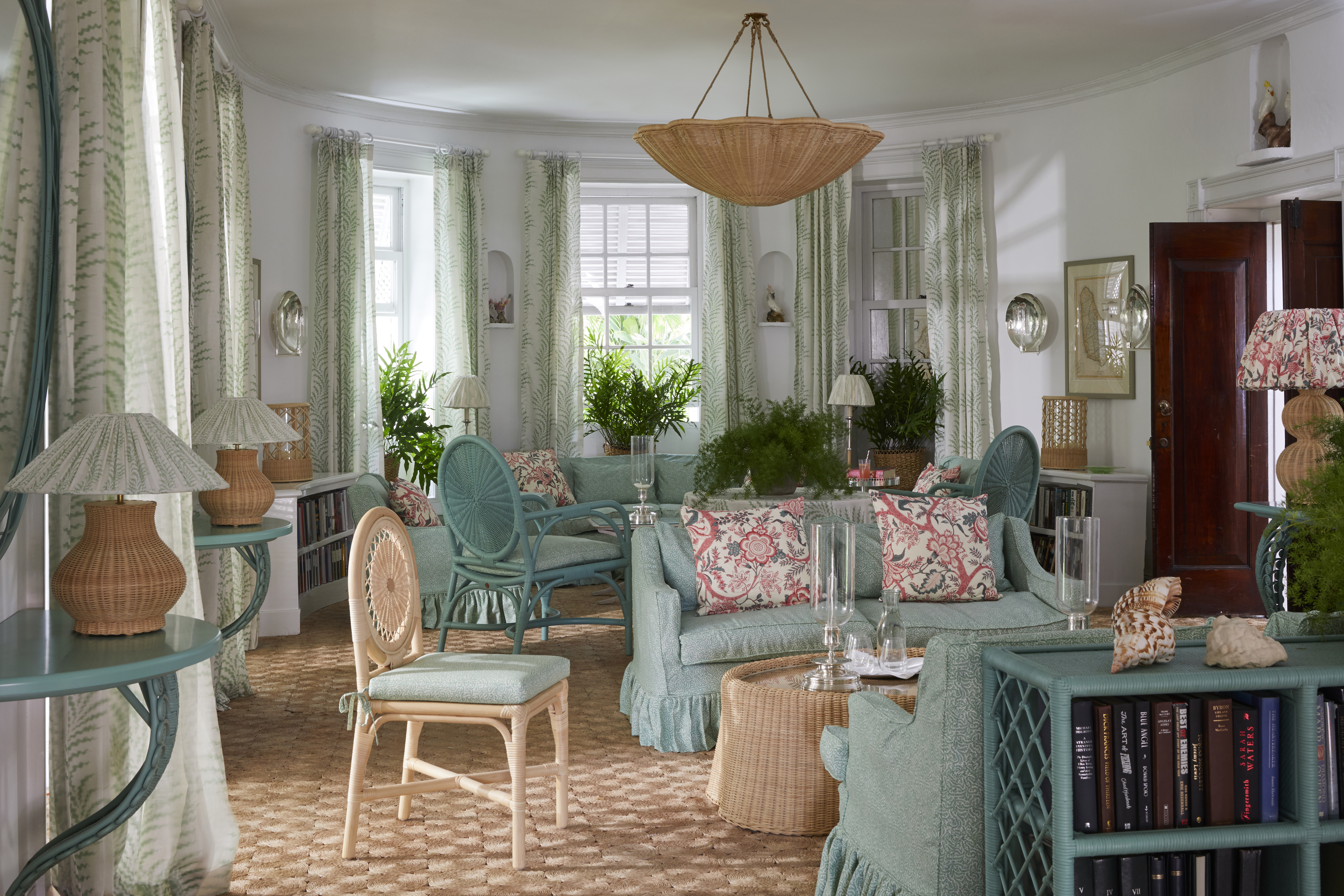 Why British designers dream up the most desirable hotels
Why British designers dream up the most desirable hotelsWhen it comes to hotel design, the Brits do it best, says Giles Kime.
By Giles Kime Published
-
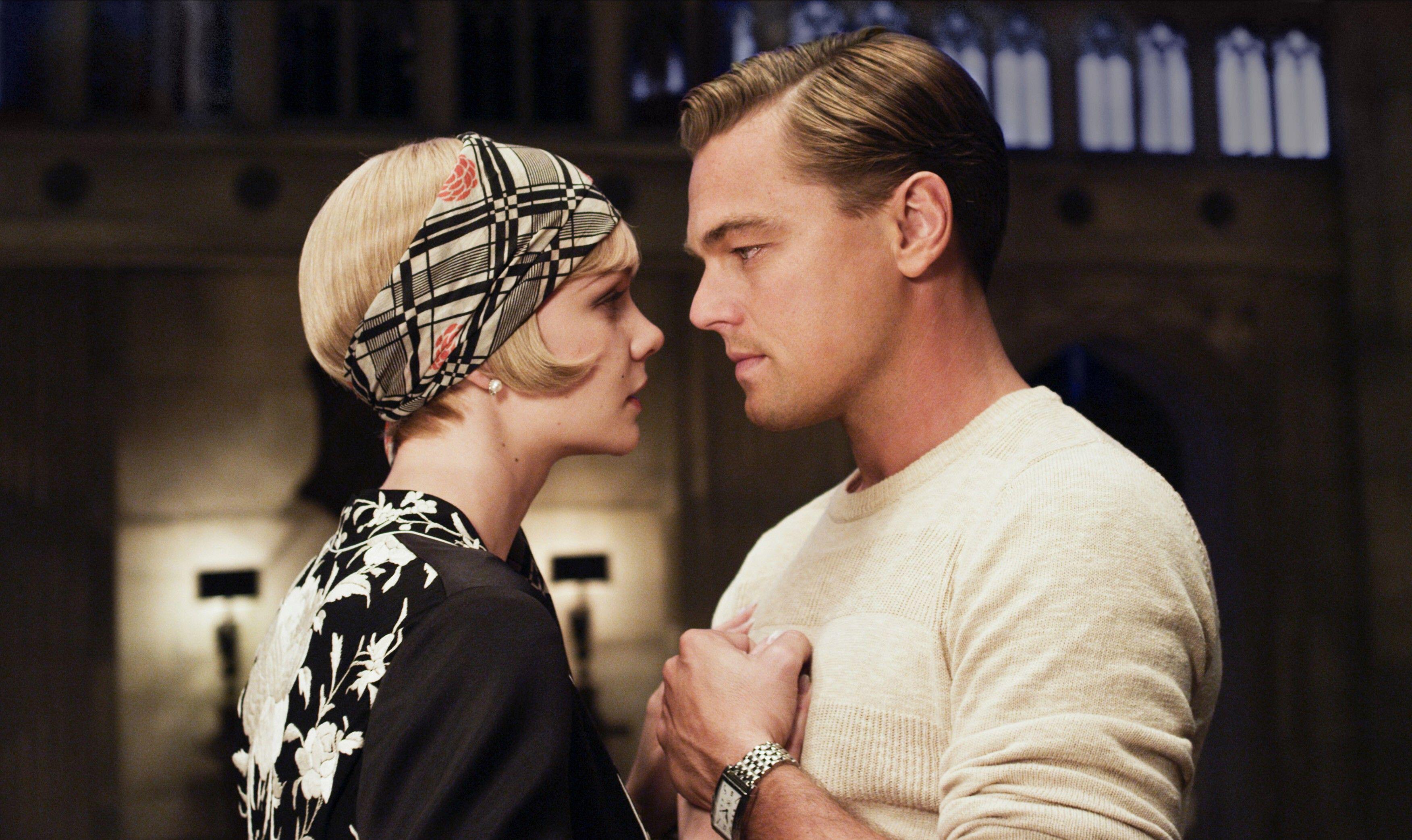 The five minute guide to 'The Great Gatsby', a century on from its publication
The five minute guide to 'The Great Gatsby', a century on from its publication'The Great Gatsby' sold poorly the year it was published, but, in the following century, it went on to become a cornerstone of world literature.
By Carla Passino Published
-
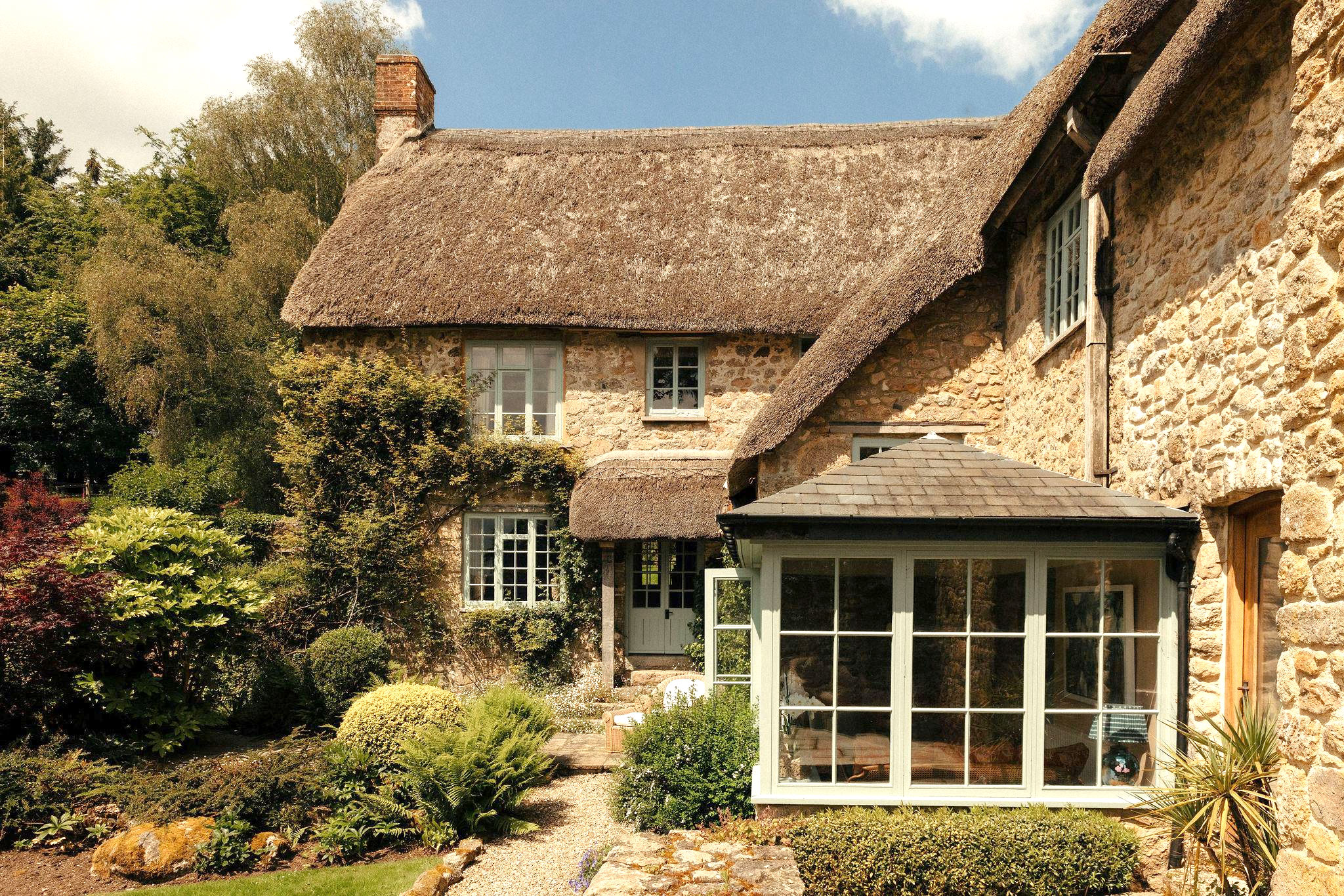 Five beautiful homes, from a barn conversion to an island treasure, as seen in Country Life
Five beautiful homes, from a barn conversion to an island treasure, as seen in Country LifeOur pick of the best homes to come to the market via Country Life in recent days include a wonderful thatched home in Devon and a charming red-brick house with gardens that run down to the water's edge.
By Toby Keel Published
-
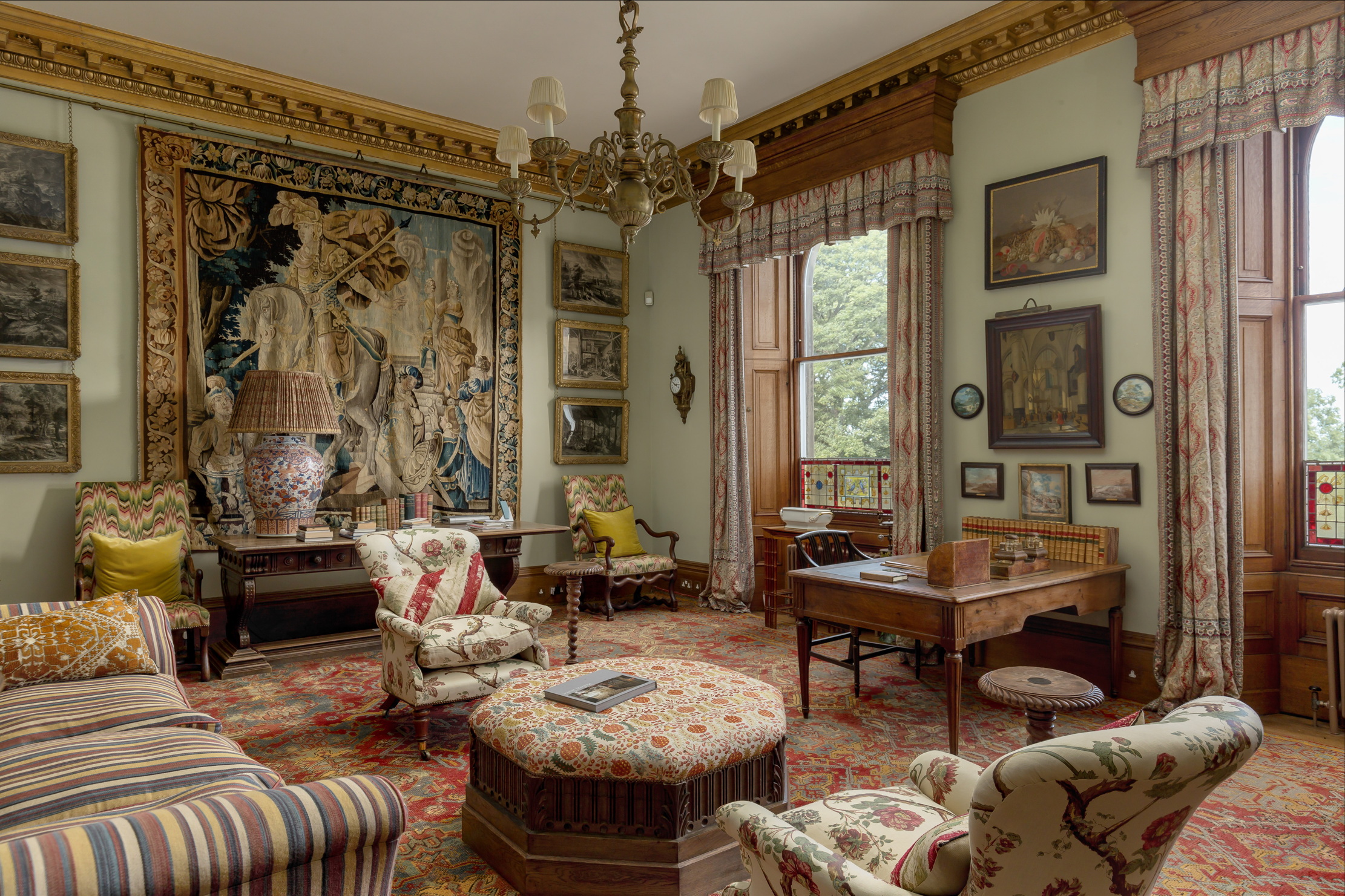 The finest interiors in Edinburgh? A seven-bedroom townhouse furnished by Robert Kime comes to market
The finest interiors in Edinburgh? A seven-bedroom townhouse furnished by Robert Kime comes to marketSituated on one of the New Town's grandest terraces, this four-storey property is a collector's dream.
By James Fisher Published
-
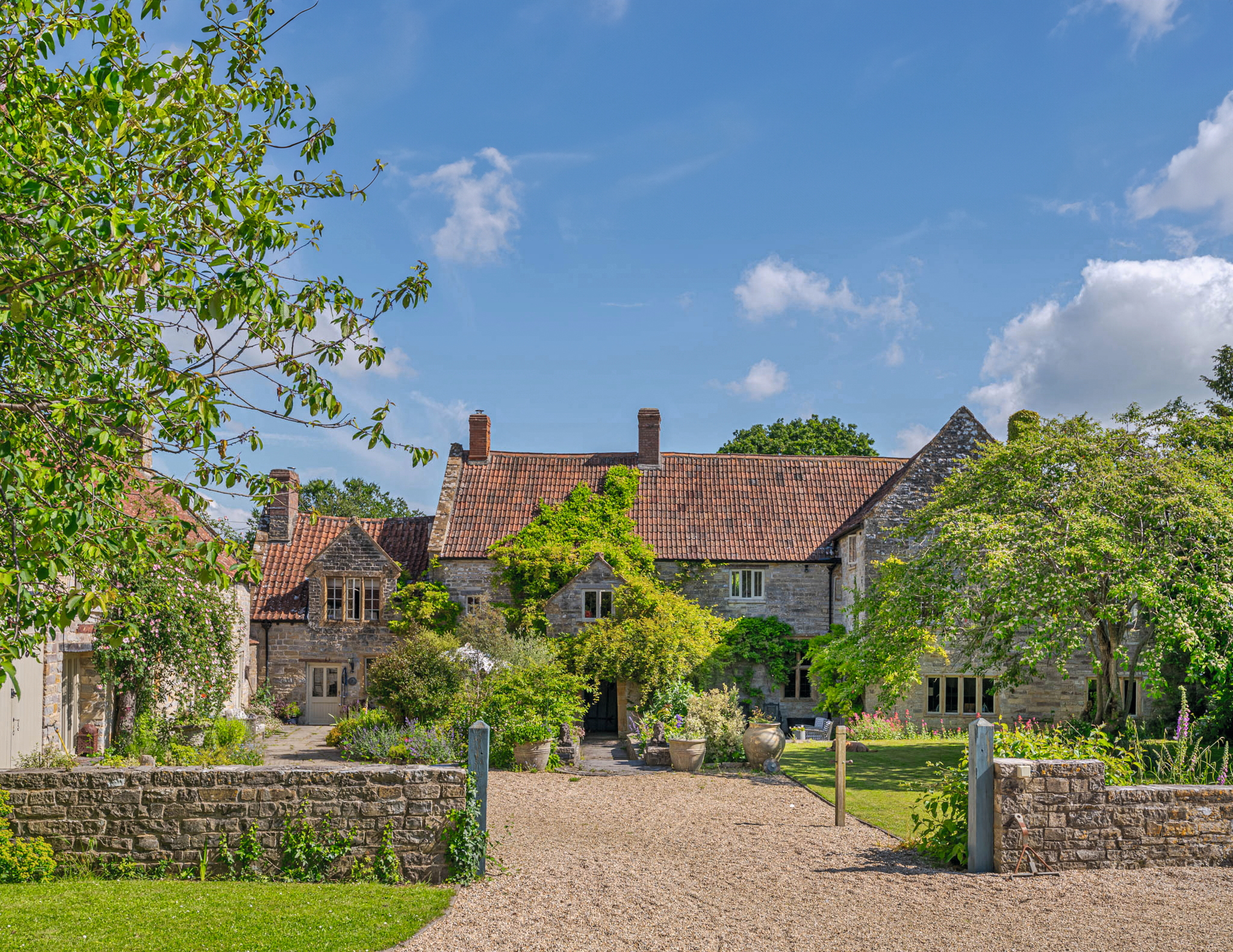 A Grade II*-listed country manor with one of the most beautiful drawing rooms in England
A Grade II*-listed country manor with one of the most beautiful drawing rooms in EnglandIf Old Manor Farm in Somerset is good enough for Pevsner, it's good enough for you.
By Penny Churchill Published
-
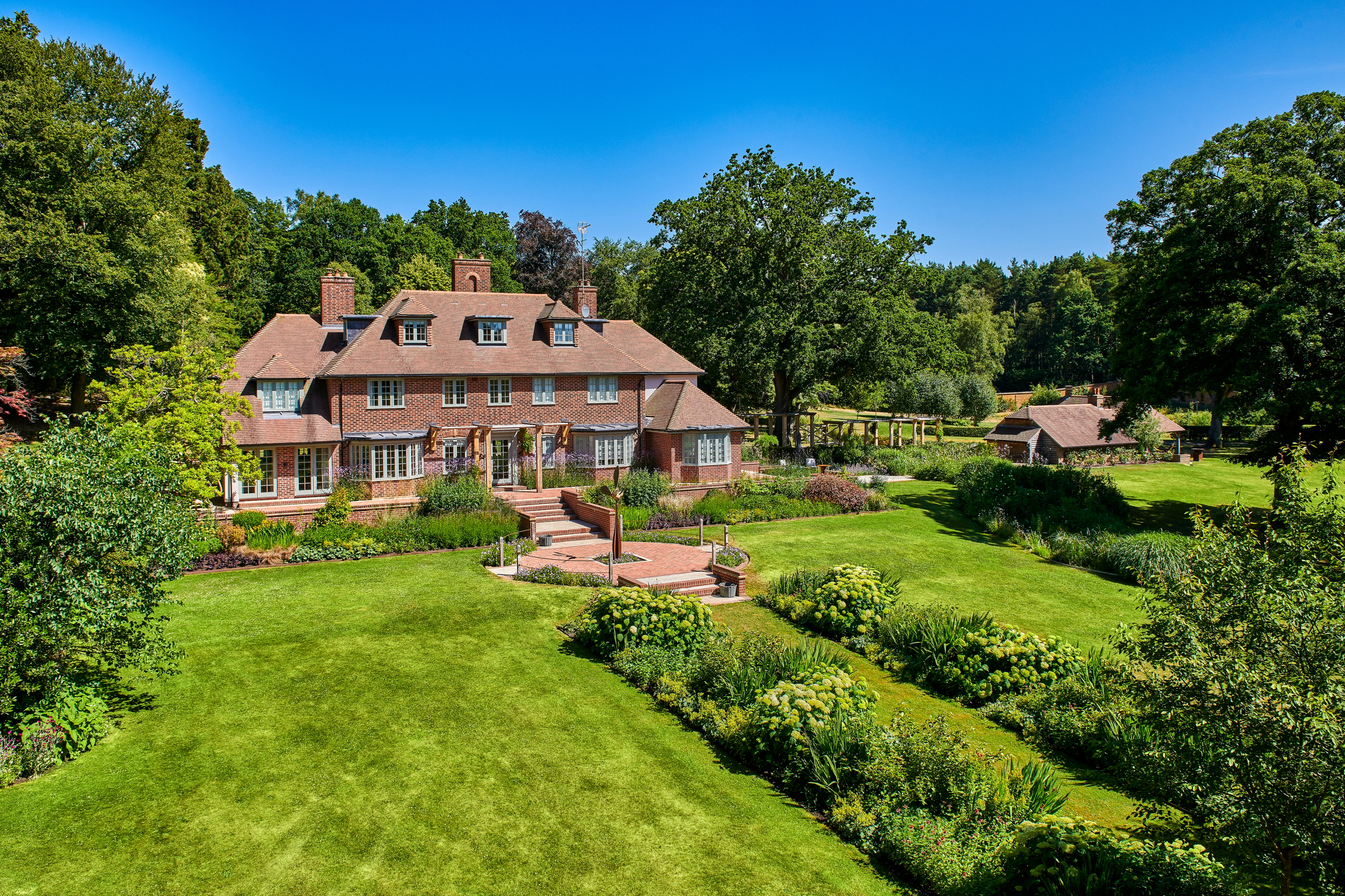 An eight-bedroom home in Surrey where an army of robots will look after your lawns
An eight-bedroom home in Surrey where an army of robots will look after your lawnsDo not fear the bladed guardians of Monksfield House. They are here to help.
By James Fisher Published
-
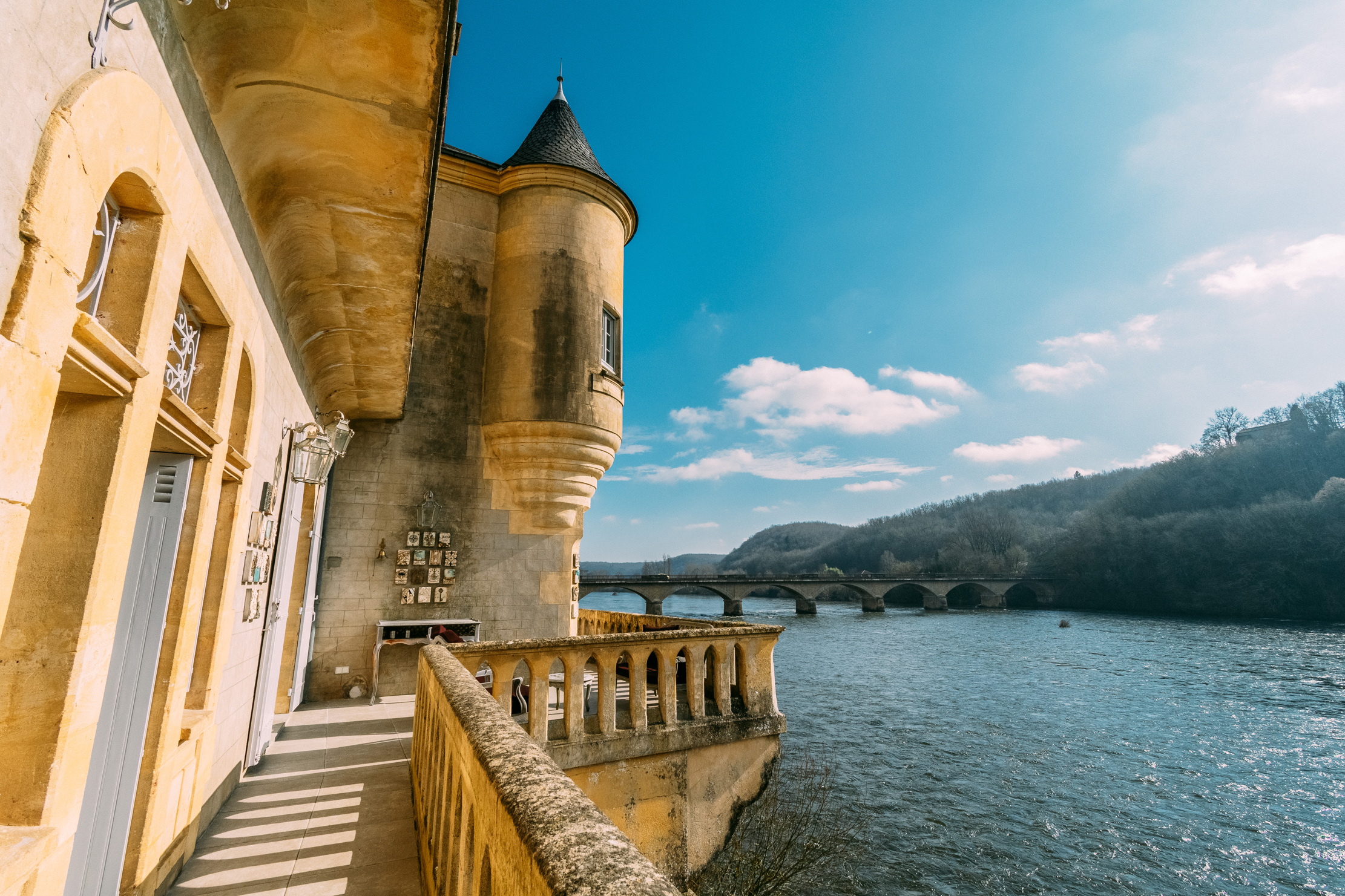 A French castle for sale on the banks of the Dordogne? With a swimming pool? Where do we sign?
A French castle for sale on the banks of the Dordogne? With a swimming pool? Where do we sign?This chateau in Lalinde is nothing short of a historical delight in the south of France. And it comes fully furnished.
By James Fisher Last updated
-
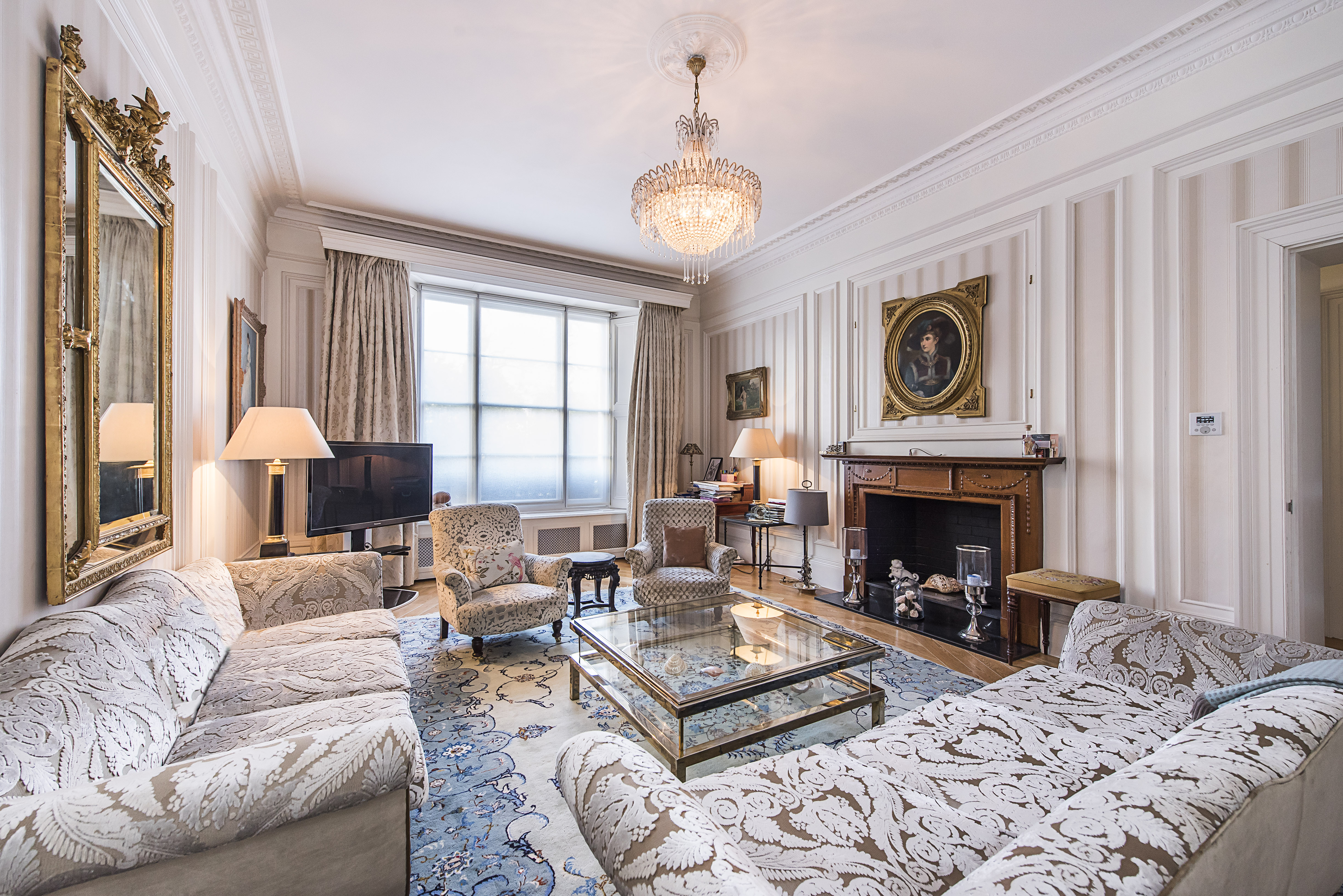 Sip your morning tea where Churchill once paced, as his former Pimlico home comes up for sale
Sip your morning tea where Churchill once paced, as his former Pimlico home comes up for saleThe five-bedroom flat in Eccleston Square offers ‘historical gravitas and modern comfort’ in a leafy pocket of London.
By Annabel Dixon Published
-
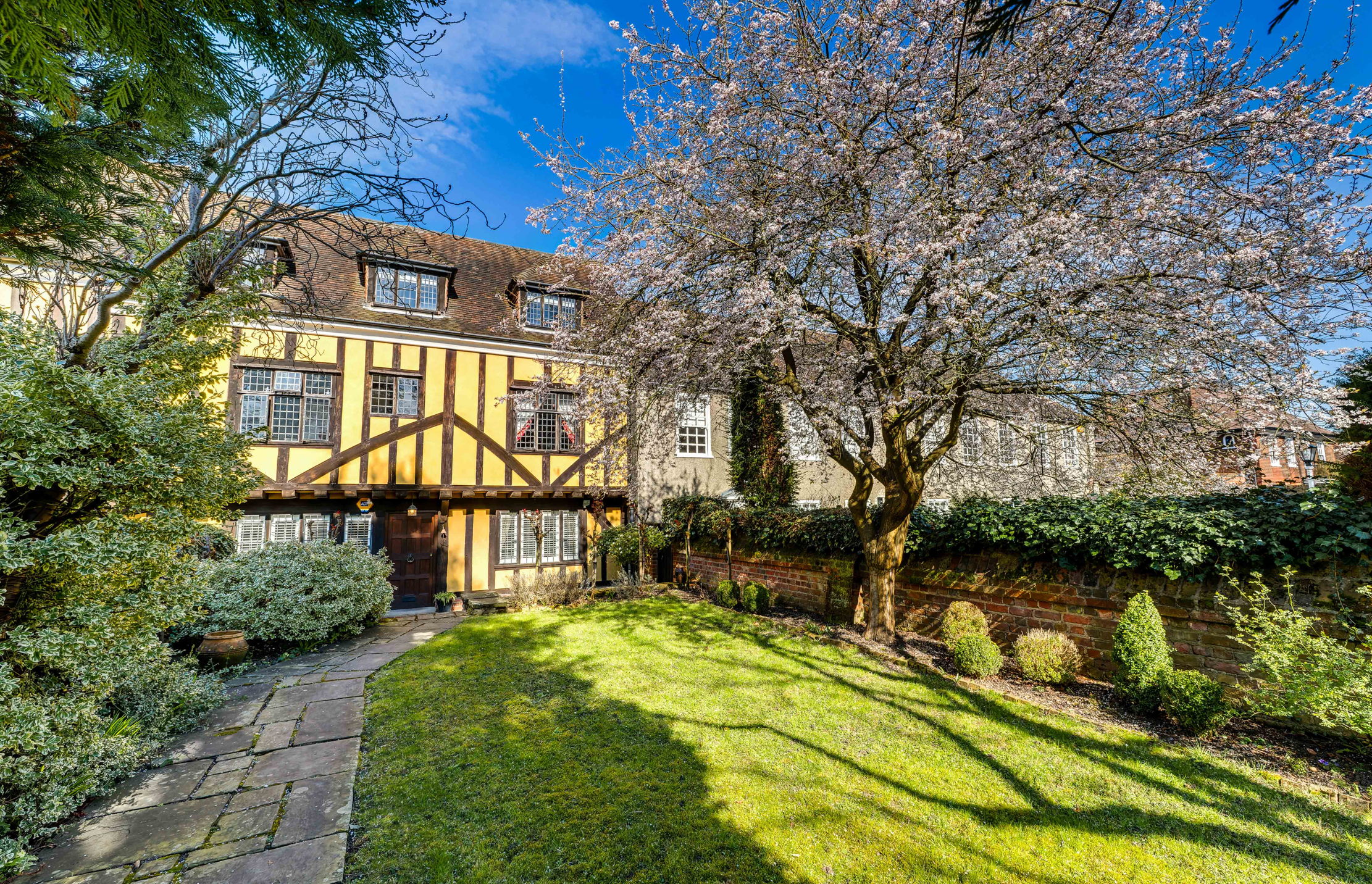 Live a life of Tudor fancy in this five-bedroom London home with links to Cardinal Wolsey and Henry VIII
Live a life of Tudor fancy in this five-bedroom London home with links to Cardinal Wolsey and Henry VIIIFans of Wolf Hall rejoice, as a rare chance to own a Tudor home inside the M25 comes to market.
By James Fisher Published
-
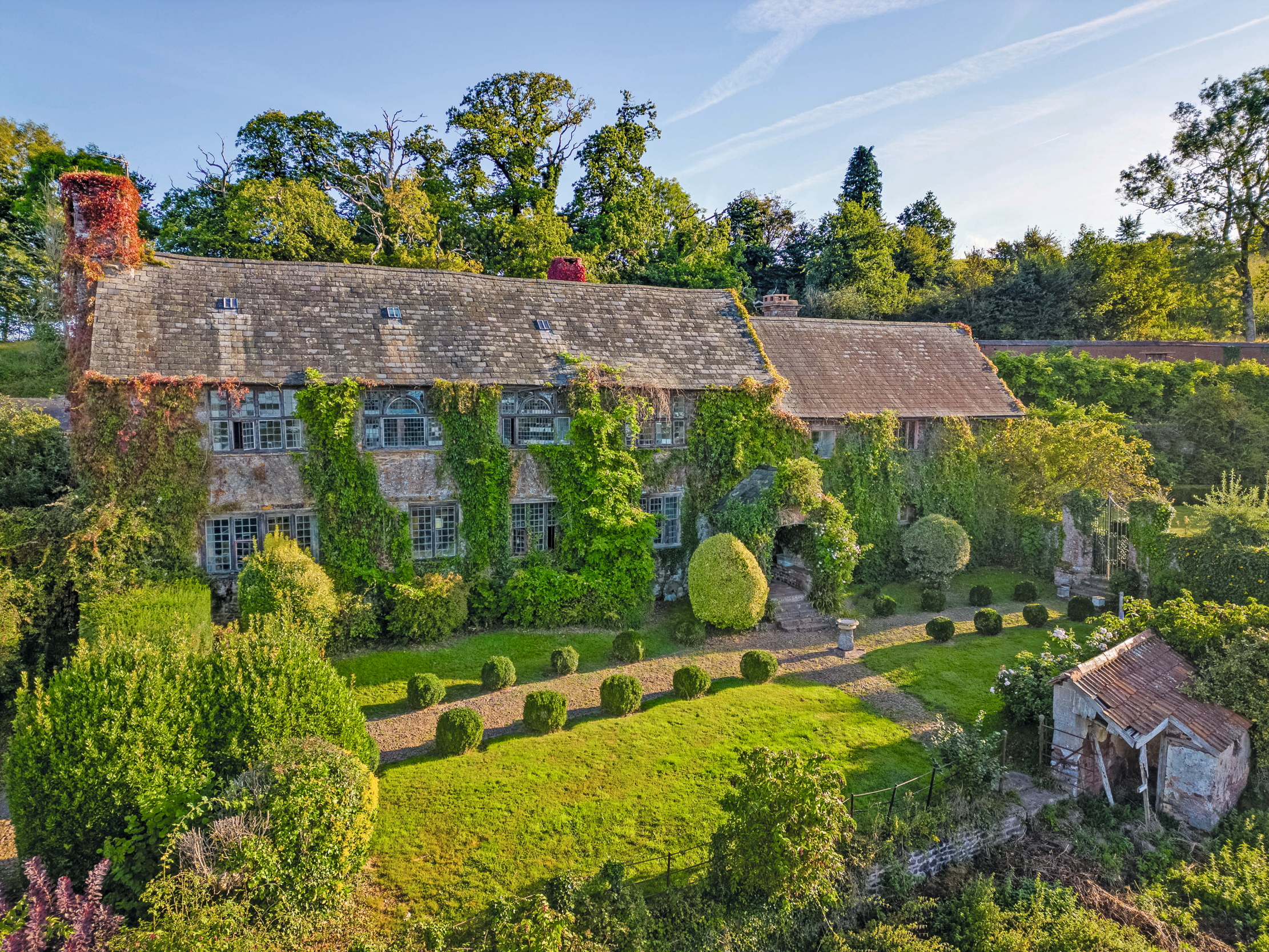 Murder, intrigue and 'the magic of a bygone era' at this eight-bedroom home set in 25 acres of Devon countryside
Murder, intrigue and 'the magic of a bygone era' at this eight-bedroom home set in 25 acres of Devon countrysideUpcott Barton is a family home steeped in history and comes with more than 5,000sq ft of living space.
By Penny Churchill Published
